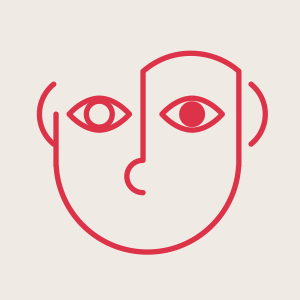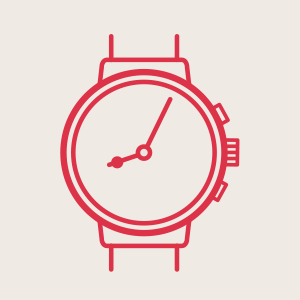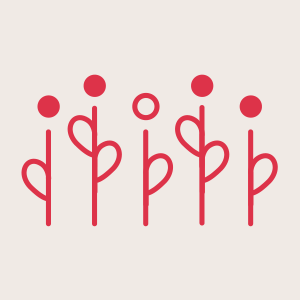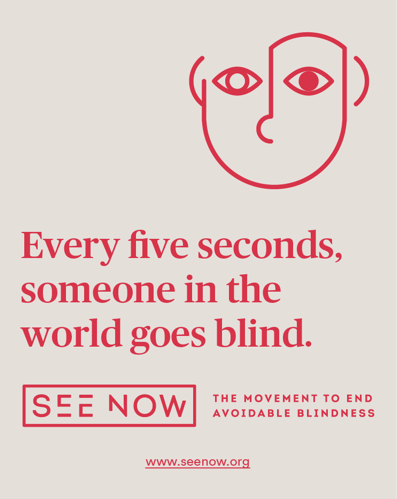The most remote people are often the most vulnerable to eye health problems. So when billions of people across the world do not have access to the internet, how can we raise awareness to avoidable blindness?
That is why See Now has partnered with Community Radio in India to spread the word about eye health to rural regions.
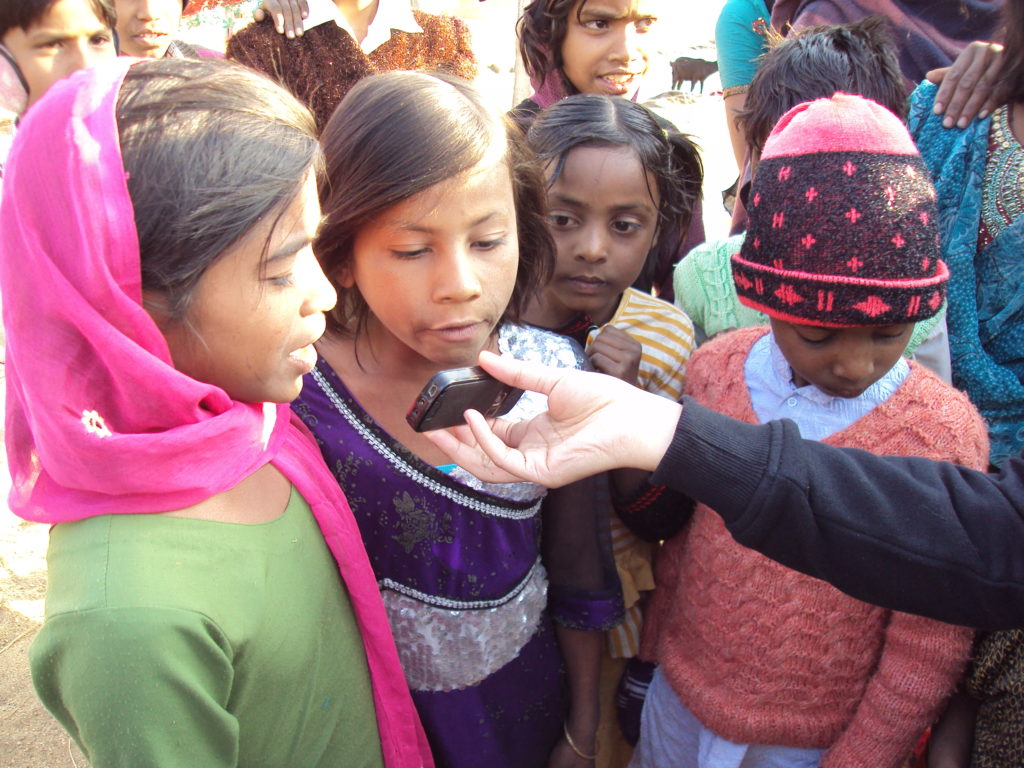
Radio is widely used in remote areas of India where there is no access to Internet. People can tune into the radio network to hear audio dramas, quizzes, interviews, and more – all themed on raising awareness about eye health.
We asked Rohit from Gram Vaani a few questions about the show!
223 million people around the world can’t see. Do you think many people know that eye health is such a big issue?
A large number of people, predominantly in the lower income regions, do not know a lot about eye health issues. Based on our initial experience of the campaign, we see that a lot of people have queries regarding weak eyesight, cataract, and similar issues.
People also want to know where can they go for medical help and what kind of expenditure will they incur.
How does community radio inform people about blindness and the size of the problem?
Mobile Vaani (MV) campaigns engage people through interactive content like audio dramas, quiz competitions, and expert interviews. These are always followed by a call to action, where listeners are encouraged to record their queries, feedback, stories and experiences. We also try to answer the queries through following episodes and expert interviews, for the benefit of all our listeners.
Community Radio stations are:
a) playing episodes around curable blindness
b) redirecting community members to Government hospitals to get free eye treatment
c) informing people about eye camps in their areas, if any
d) sometimes narrow casting the programme in the community and discussing issues around blindness
What kind of stories have you heard from people calling in?
People are sharing stories of the reasons behind blindness. They say poverty, lack of awareness, poor access to medical facilities lead to blindness. They have primarily been saying that this is a very important issue that needed to be addressed and there is a need for more medical camps at Panchayat level to cure treatable blindness.
People are also utilizing the platform to spread awareness on eye care. They are requesting others not to ignore eye problems, get regular eye tests, eat healthy food and maintain basic cleanliness for better eye health.
Do you think your radio show will change the way people think about blindness?
The campaign has already started generating a lot of interest in the topic of curable blindness having only played two episodes so far. First was generic with an introduction of the campaign theme and the second was on cataract and trachoma, which was played yesterday only.
Episode 3 will talk about glaucoma, night blindness, and diabetic retinopathy. Episode 4 will cover schemes and benefits people can avail to get free of cost medical treatment of curable blindness.
Based on the first two episodes, people are appreciating the initiative as this encourages them not to ignore conditions that lead to curable blindness. We will get more specific responses on curable blindness in coming weeks.
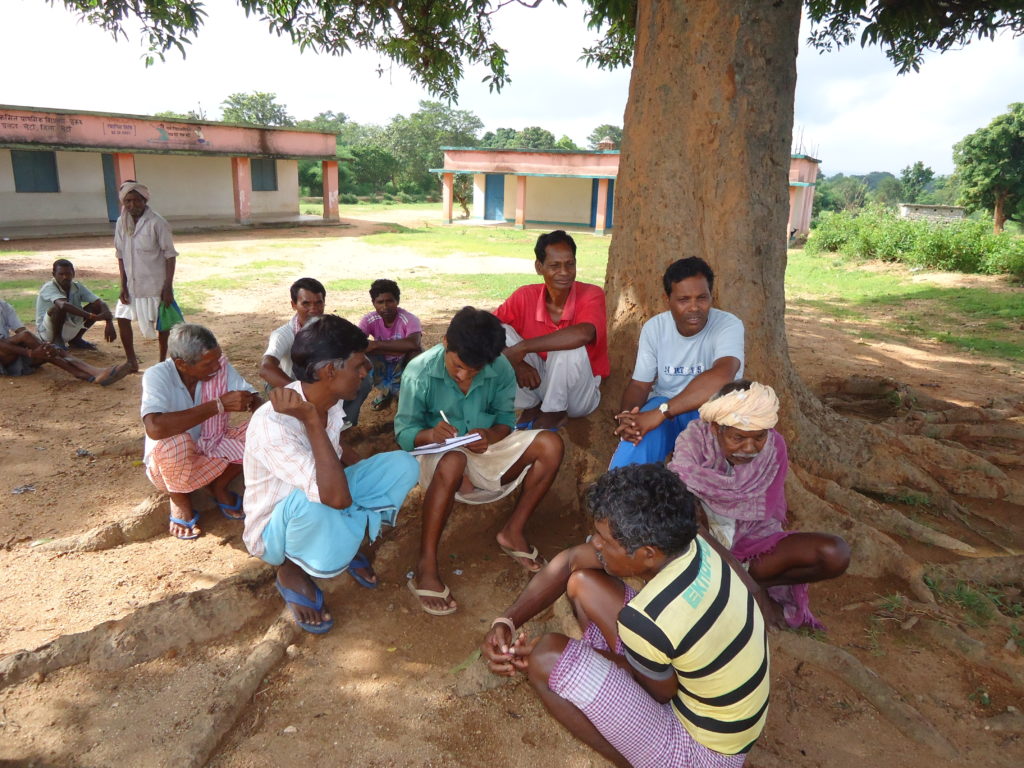
Do you believe more needs to be done to help end avoidable blindness in India?
The current campaign will reach a portion of the population that needs to know about avoidable blindness. A lot needs to be done to create awareness on this issue. More importantly, to instigate a health-seeking behavior in people. A more intensive and longer duration campaign needs to be planned.
Some of the responses to the Community Radio campaign have been heartwarming. Here are just a few:
I am D Anand from Balmiki Nagar, West Champaran. Curable blindness is a critical illness, it’s a critical problem. Due to poverty, people are unable to get nutritious food and because of this blindness is increasing. If you are facing some eye problems, like watery eyes then one should consult trained doctors at the Government hospital so that we are protected from curable blindness. Everyone should visit the hospital to get vitamin A medicine!
My name is Vishnu Pal and I am from Banwa panchayat. I am a high school student. I would like to thank you for your programme because in rural areas, awareness about eyecare is very little. I like your initiative and you have done a great job by starting this campaign.
